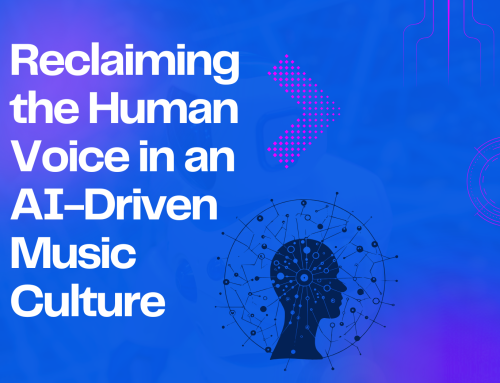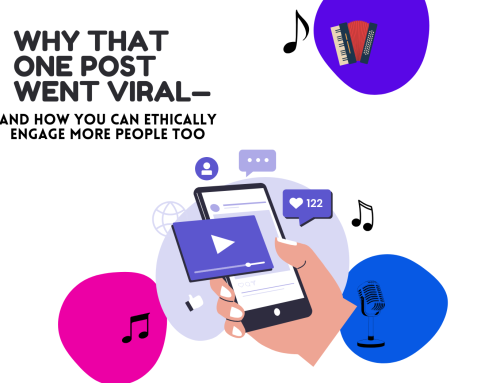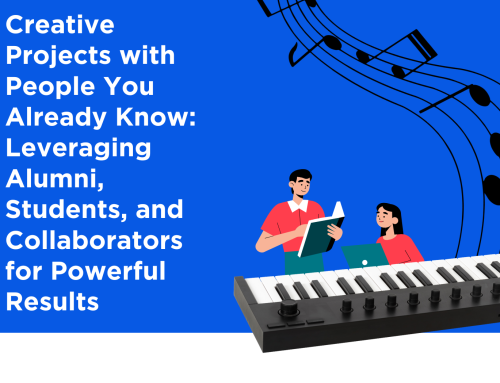Table of Contents
Re-Igniting the Spark
Take a moment to think back to your undergraduate college experience. (Perhaps that was only a few months ago, or perhaps you have to reach back a bit more to access this season.) Either way, I would venture to assume that for many of us, our undergraduate experience included meticulously scripted lesson plans. Perfectly sequenced concepts. Full access to whatever materials you might need. And, it was amazing. Until it wasn’t.
You no longer have access to all the resources you once did. That map of concepts doesn’t even exist and time to script lesson plans word for word within your work day is nowhere even close to reality. There is a true sense of loss of direction. You find yourself grasping for anything to get through the days. Hoping, at some point, you might be able to come up for air and return to your charted path.
Whether you felt like this right out of the gate or as a veteran teacher assuming a new role, I think we’ve all been there. I know I have. Because of this feeling and, subsequently, working through it, I decided to write Middle School General Music: A Guidebook to Navigating the Unknown in 2019. I felt compelled to share my experiences, lessons learned, and how I’m moving forward and gaining back confidence in creating a curriculum that works for my musicians.
So how do we regain our confidence in creating a curriculum? How do we reignite the spark and get back on track?
Cast Your Vision
Block out time in your schedule to sit down and create a vision for your program. Who are your students? What do they connect with? What do you envision happening in your classroom? What’s the vibe? Where do you picture your program going in 5, 10, or 15 years? What do you want your musicians to leave your room with? Write down everything that comes to mind, from big picture items to small details.
Start a List
There are endless resources available in this day and age. From Facebook groups to websites to Instagram, it can be overwhelming. Use your vision to help vet quality resources. Any resource can easily be aligned with standards, but it’s more than just that. Choose resources that represent the voices of your musicians. Choose resources that allow them to grow and understand beyond the four walls of your classroom. Choose resources that push them to reach for more and encourage curiosity.
Curriculum is not one size fits all. As you find resources that work for you and your musicians, start compiling a list. Use Google Docs or one of my favorite organizational tools, Trello. Create lists by topic. Don’t be afraid to add things that aren’t explicitly designed for the age group you teach or won’t take up a whole class period. You never know when you’ll be able to integrate these in a lesson needing a fresh approach or a sub plan. If they excite you and, more importantly, your musicians – add it. You’ll be happy to have a list of things that spark your interest as you design your curriculum.
Get. Out. Of. Your. Comfort. Zone.
I think this is the most significant factor for teachers. We assume, by sticking with what we know (aka our comfort zone), that we’ll be confident. As a result, we default to what we’ve learned and even how we’ve been taught. However, we can quickly find ourselves with disengaged students during what we thought to be a sure-fire lesson. This cycle can often continue, leaving everyone frustrated. That’s when we need to take a step back. Venture away from what we know and try something different. Yes…I said different. Not sure where to start? Ask your students! Seek feedback. Get input. Then put it to work. Might it be messy? Sure. Might it not be what you expected? Probably. Might you get an amazing result that inspires you to develop an activity or lesson even further? You betcha.
Surround Yourself with a Community of Educators who Align with your Vision
The above ideas can seem very overwhelming, especially if you are the only one in your school doing what you do. That’s why a community of musician-educators with whom you can surround yourself is absolutely necessary. A group that will listen, collaborate and give non-judgemental feedback. I’ve lost track of how many times I’ve called a colleague and started the conversation with, “Can I pick your brain?”. I don’t think I would have made it this far without my community. This, too, requires work, as it’s so easy to get wrapped up in what we’re doing, but it is crucial to have this support in building our confidence.
Jessica Grant (@highafternoonti) and I feel so strongly about this topic that we recently launched a course entitled The Confident Music Educator that focuses on many of these aspects of teaching, challenging you to become the most confident you can be. From video lessons and resources to quick challenges and a private Facebook group, we aimed to design this course to help you work through many of the things we, ourselves, have experienced.
As with our musicians, confidence will not happen overnight. It’s a process that takes time, risk, and reflection. But when we are confident, and we see our musicians growing through that, it is well worth it.
(Interested in joining The Confident Music Educator? Check them out here to find all the details! Registration for their fall 2022 Cohort closes Sunday, September 18th)
Connect with Danielle:
Instagram: @musicalmiddles
E-mail: [email protected]




Leave A Comment